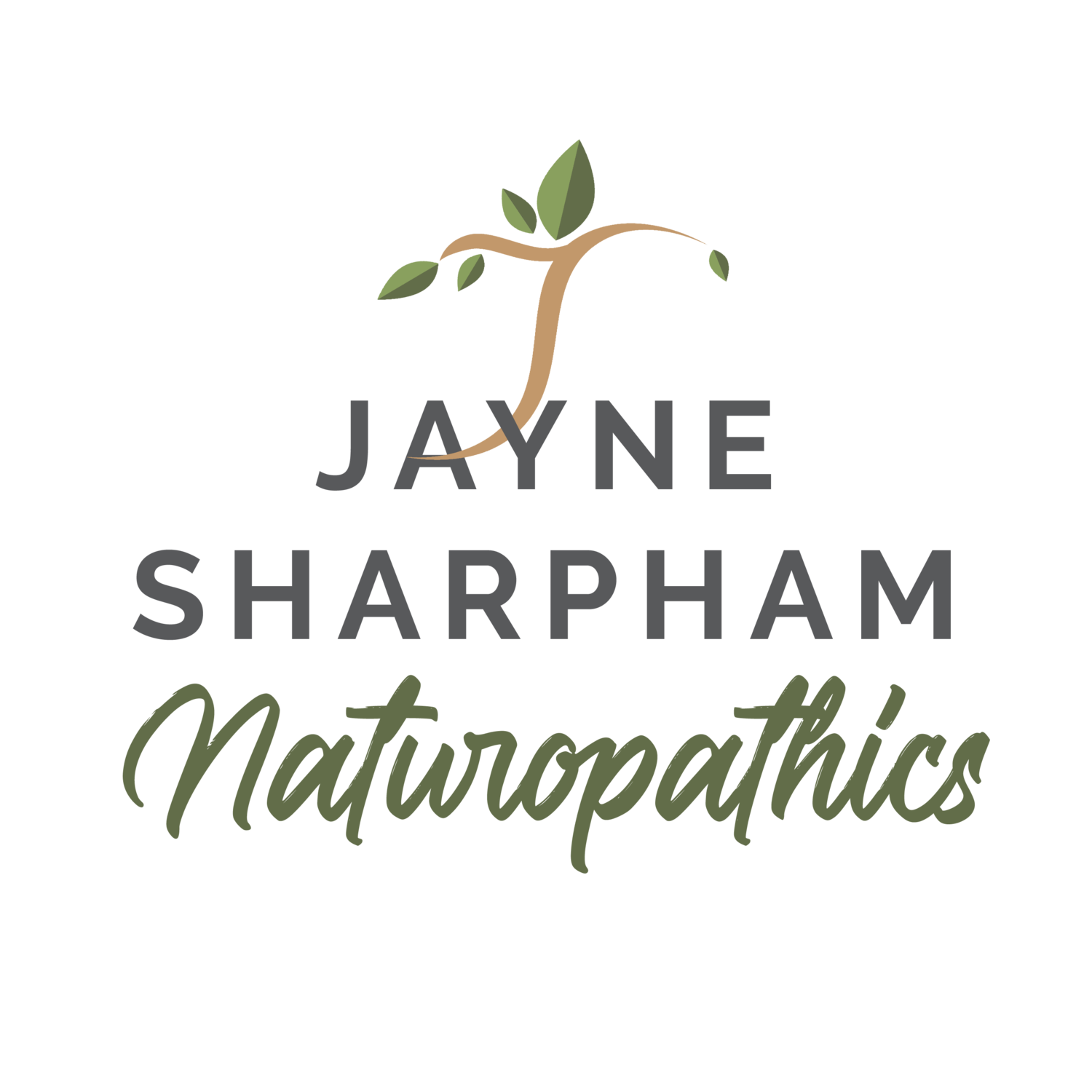Breastfeeding Support
Here are some practical tips for aiding breastfeeding health and optimising the health of mum and bub at this time.
I fully understand that breastfeeding is not always possible for some women, and that some may choose not to breastfeed. We need to support a woman whichever way she chooses. Either way, we still want to ensure that the health of mum and bub is supported during these early days and beyond. Many of these tips are still relevant for non-breastfeeding mums also.
During breastfeeding, nutrient requirements increase for mum. Not only will you be recovering from giving birth which takes energy and nutrition, but your body requires higher amounts of calories, protein, calcium and iodine, and zinc, amongst others.
Useful tips for maintaining nourishment while breastfeeding include:
Slightly increased calories- approximately 500 a day. Makes sure these are from whole food sources and avoid processed foods as much as possible.
eating regularly- sometimes every 3 hours ensuring you are having protein and complex carbohydrates.
Protein foods are meat, eggs, nuts, seeds, legumes, beans, hemp seed, fish, cheese.
Complex carbohydrates include brown rice, potatoes, sweet potato, wholemeal pasta, wholemeal bread, oats, lentils.
Lots of water- 2-3 litres per day
Iron rich foods include red meat, darker chicken meat, parsley, lentils, hommos, tahini, liver, oysters, green leafy vegies, dried apricots, cashews, egg yolk. If you are vegetarian or vegan, please ensure you are having a wide variety of plant-based food sources of iron and some vitamin C with an iron rich meal to optimise absorption.
Calcium rich foods- tahini, sesame seeds, broccoli, almonds, oranges, fortified almond milk or soy milk, greek yoghurt, cheese, sardines with bones, bok choy, tofu.
Omega 3- found in oily fish, especially tuna, salmon, sardines, chia seeds, walnuts, hemp seeds, flaxseeds (ideally ground)
Zinc rich foods- pepitas, seeds, meat, oysters.
Iodine rich foods- kelp, seaweed, fortified salt (in small amounts). Iodine is also fortified in some breads.
B group vitamins- found in complex carbohydrate foods, vegetables.
Avoiding alcohol
You may wish to continue to take a natal vitamin. A good quality one will provide B complex vitamins in higher doses (20-50mg), iron, zinc, calcium, iodine and activated folate. This may help to rebuild your reserves of these nutrients after the toll of a pregnancy, and labour.
One thing you may wish to consider is a strain-specific probiotic to take while you are breastfeeding or to add to your baby’s bottle. This is especially important for babies that are born via caesarean or who are given antibiotics early on or if you gave been given antibiotics in your pregnancy, labour or while breastfeeding. Studies show that strain-specific probiotics such as the ones listed below may help decrease the incidence of atopic allergies, behavioural complaints and immunity problems. If you would like references for this, please contact me.
Lactobacillus rhamnosus (LGG®)
Bifidobacterium animalis ssp lactis (BB-12®)
Bifidobacterium breve (M-16v)
Bifidobacterium longum (BB536)
Herbal medicines while breastfeeding
Many herbs are not safe while breastfeeding. However, some have a special place for increasing milk supply or settling babies digestion.
Herbs that are helpful for increasing milk supply include:
Fenugreek
Blessed Thistle
“Herbs of Gold” make a product with these herbs in a tablet.
Helpful herbs that may also help baby’s digestion, that mum can take as a tea include:
Chamomile
Fennel
Aniseed
Lemon Balm
An example of a breastfeeding blend:
Tips for reflux and windy babies
Consider chiropractic care with Tanya Lewington in Tamworth. This is a safe and effective option for unsettled babies to ensure they are sucking correctly and there are no structural issues.
Ensuring there are no tongue or lip ties present
You may which to consider a good quality probiotic either given in the baby’s bottle or through mum’s breastmilk. Ensure the product is for young babies.
There are a few herbal products containing fennel, chamomile etc to settle baby’s tummy. My favourite is Iberogast.
Ensure food intolerances are ruled out.
The information provided in this information post is intended to be general information only and not specific health advice or treatment.
Always seek the advice of your registered health care provider with any questions or before beginning supplements.
If you or someone you know needs help for any mental/ emotional concerns call Lifeline on 13 11 14, Anglicare Northern Inland, Tamworth on 67018200 or Beyond Blue 1300224636.
For breastfeeding help please call the Australian Breastfeeding Association on 1800 686 268


